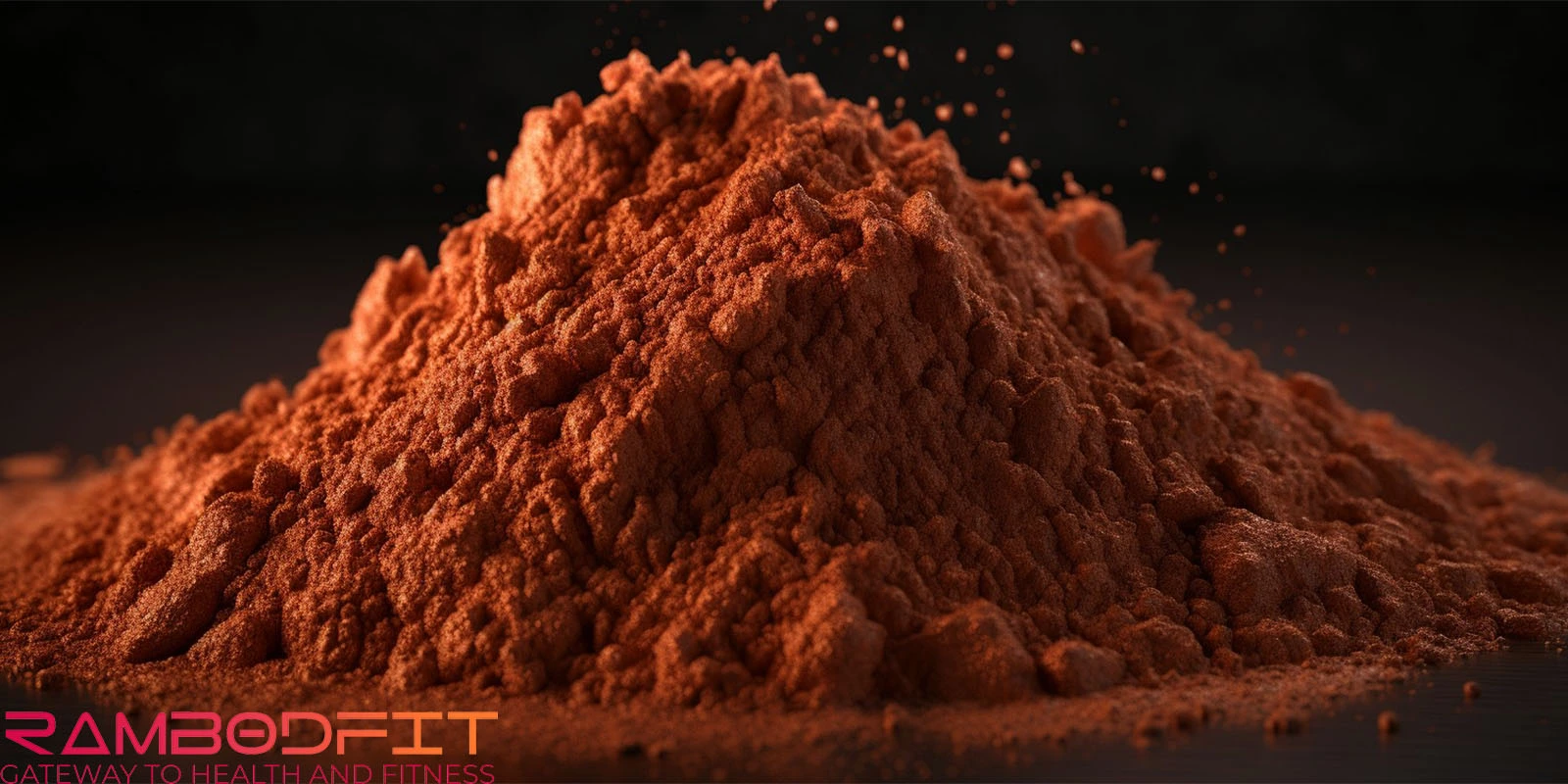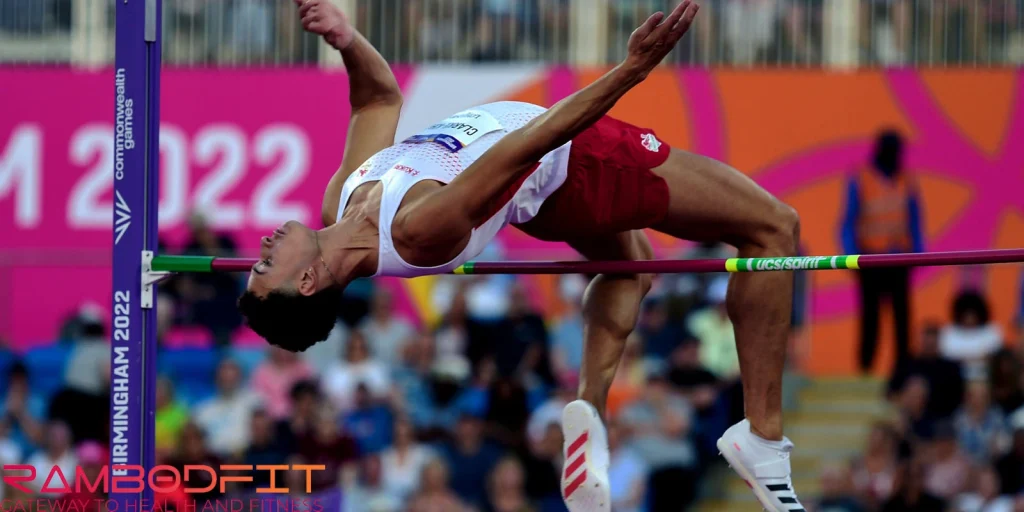


Copper is an essential micronutrient that plays a significant role in exercise physiology, particularly due to its involvement in critical antioxidative enzymatic processes, it is believed that copper enhances athletic performance, energy production, and recovery.
As an exercise physiologist on RambodFit, I often focus on macronutrients, electrolytes, and popular minerals like calcium and magnesium. Still, copper, despite being needed in smaller amounts, is equally essential for optimal athletic function.
Copper’s role in the body includes cellular respiration, antioxidant defenses, connective tissue integrity, and even immune function, which copper enhances athletic performance, recovery, and injury. Let’s explore the science behind copper’s functions and how this essential mineral supports athletic performance.
Table of Contents
To know if Copper enhances athletic performance, we should dive into some studies that explain the effects of copper on performance.
Although copper is essential to health, it seems that the Western diet meets the recommended intake and healthy individuals don’t need to take copper supplements.
While Copper is vital, it seems to be sufficient in the human diet and water supply. However, excess Copper is involved in some Alzheimer’s cases. Copper is more often used for brain health, however, in some sports, it has been said that copper enhances athletic performance.
One of copper’s main roles in the body is as a cofactor for enzymes that are essential in producing energy, specifically through the process of cellular respiration.
Cellular respiration is a process that converts nutrients into adenosine triphosphate (ATP), the molecule that fuels muscle contractions and various cellular functions during physical activity. In that case, copper enhances athletic performance and energy production.

Cytochrome c oxidase, a copper-dependent enzyme, is the last enzyme in the electron transport chain, located in the mitochondria (the powerhouse of cells). This enzyme is critical in converting oxygen and nutrients into ATP.
Without adequate copper, the efficiency of this enzyme declines, reducing the cell’s ability to produce ATP during exercise. In that case, sufficient copper enhances athletic performance.
This can result in early fatigue, decreased endurance, and suboptimal performance levels, particularly during high-intensity or prolonged activities where the body consumes ATP more than usual.
Aerobic vs. Anaerobic Performance
Given cytochrome c oxidase’s role in the aerobic production of energy, athletes who rely heavily on aerobic metabolism such as runners, cyclists, and swimmers might particularly benefit from the way copper enhances athletic performance.
When copper levels are insufficient, the body’s ability to generate energy aerobically is compromised, causing a greater reliance on anaerobic processes. Anaerobic energy production is limited and leads to faster accumulation of lactate, which contributes to muscle fatigue and soreness.
Exercise increases the production of reactive oxygen species (ROS) due to heightened metabolic demands, which leads to oxidative stress.
While ROS are natural byproducts of cellular processes, excessive amounts can damage cells, proteins, and lipids, impairing recovery and increasing the risk of injury. Copper enhances athletic performance and plays a crucial role in combating this oxidative stress.
Superoxide Dismutase and Oxidative Stress
Superoxide dismutase (SOD) is a powerful antioxidant enzyme that depends on copper to function effectively. SOD neutralizes superoxide radicals, a type of ROS, transforming them into less harmful molecules, thereby reducing oxidative damage in muscles post-exercise.
Sufficient copper intake supports SOD’s activity, helping to mitigate the oxidative stress that follows intense workouts or competitions. Research has shown that increased oxidative stress is correlated with delayed muscle recovery and increased risk of overuse injuries, making copper’s role in antioxidant defense highly relevant for athletes (Halliwell & Gutteridge, 2015).
In fact, a study on oxidative stress in athletes found that higher levels of antioxidant enzymes, including copper-dependent SOD, correlated with improved recovery and lower inflammation markers in blood samples taken after intense training (McAnulty et al., 2007). This points to copper’s indirect role in reducing muscle soreness and aiding faster recovery.
Connective tissues such as tendons, ligaments, and cartilage are essential for stability and mobility in sports, and injuries to these tissues are common in athletes. Copper is involved in maintaining the strength and elasticity of connective tissues through its role in collagen synthesis.
Lysyl Oxidase and Collagen Stability
Lysyl oxidase is a copper-dependent enzyme that catalyzes the cross-linking of collagen and elastin, two proteins that provide structure and resilience to connective tissues.
Without copper, lysyl oxidase cannot perform this cross-linking, resulting in weaker, less resilient connective tissues. This weakness increases susceptibility to injuries like tendon strains, ligament tears, and joint instability common issues in sports that place high mechanical stress on the body (Tenaud et al., 2000).
Athletes in sports that involve repeated or intense physical impact, such as soccer, basketball, and weightlifting, may benefit from ensuring they have adequate copper to support connective tissue strength.
Some researchers have even suggested that copper supplementation could be beneficial for athletes in these sports as a preventative measure against connective tissue injuries (Linder & Hazegh-Azam, 1996).

Athletes frequently experience compromised immune function, particularly after periods of intense training or competition. This is partly due to the temporary suppression of immune responses caused by the physical stress of exercise.
Copper enhances athletic performance, and plays an essential role in supporting immune health, which is critical for athletes to avoid illness that could interrupt training schedules and delay competition peak performance.
Immune Enzyme Activation and Pathogen Defense
Copper aids the immune system by promoting the activation of several immune enzymes and supporting the production of cytokines, which are signaling molecules that help coordinate the immune response to infections.
Copper deficiency has been linked to a weakened immune response, making individuals more susceptible to respiratory infections and delayed recovery from illnesses.
A study on elite athletes found that adequate micronutrient status, including copper levels, was associated with lower incidences of illness and faster recovery times from infections.
In sports like marathon running or competitive swimming, where athletes are frequently exposed to immune stress, maintaining adequate copper enhances athletic performance, and could be a strategy to empower immune resilience and reduce downtime from illness.
Despite its importance, copper is often overlooked in an athlete’s diet. Copper deficiency, while rare, can occur, particularly in individuals with restrictive diets, high zinc intake (as zinc competes with copper for absorption), or poor absorption conditions.
Some signs of copper deficiency include anemia, fatigue, reduced endurance, connective tissue weakness, and more frequent infections all of which could negatively impact athletic performance.
Athletes who suspect copper deficiency can have their levels tested through blood tests, but this must be done under medical supervision, as copper is a trace mineral, and excess supplementation can be toxic.
Also, a high amount of copper in the body may cause Alzheimer’s. The older you get the more copper is in your body, and it seems it has a direct connection with Alzheimer’s.
The recommended dietary allowance (RDA) for copper is 1mg per day for adults, which can typically be met through a balanced diet. Foods high in copper include shellfish (like oysters), seeds and nuts (especially sunflower seeds and almonds), whole grains, dark chocolate, and leafy greens.
Dietary Sources vs. Supplements
For most athletes, a well-rounded diet should provide adequate copper. However, certain high-intensity or endurance athletes may have increased needs due to elevated oxidative stress and metabolic demands.
Before considering copper supplementation, athletes should consult with a healthcare provider or sports nutritionist to avoid potential toxicity.
Excessive copper intake can lead to liver damage and gastrointestinal issues, and copper supplements should only be used under professional guidance.
Copper may be a trace mineral, but its role in exercise physiology is anything but minor. Through its involvement in energy production, antioxidant defense, connective tissue integrity, and immune support, copper enhances athletic performance and recovery.
To fully know how copper enhances athletic performance, you should know that it is mostly provided through diet, and usually, it is not needed to take supplements.
However, there are some related studies on PubMed that you can read to know about how copper enhances athletic performance.
There are some other useful contents about minerals and vitamins which you can read:
Yes. Copper cause recovery by supporting antioxidant defense with superoxide dismutase(SOD).
By this mechanism, Copper enhances athletic performance by boosting the speed of recovery and minimizing inflammation after workouts.
YES. Zinc and Copper compete for absorption in digestion. High intake of zinc can lead to copper deficiency because it interferes with copper absorption.
Athletes should consult with experts to balance their zinc and copper intake dosage.